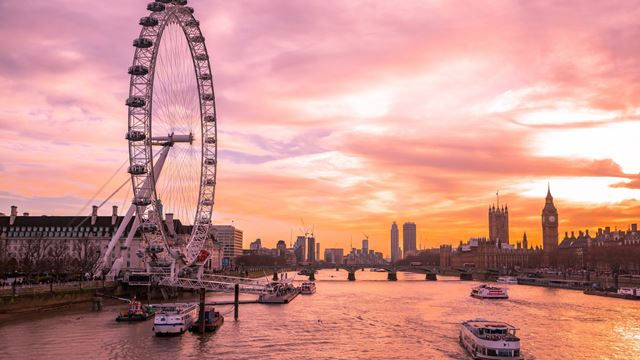Why Legionella Compliance Matters in London: A Guide for Landlords & Businesses
- sammimorland
- Aug 7
- 3 min read

Legionella compliance is not just a legal obligation—it’s a critical part of ensuring water safety in commercial and residential buildings. For landlords, property managers, and business owners in London, understanding the risks and responsibilities around Legionella is essential.
In a busy and diverse city like London, with its wide range of building types, occupancy levels, and infrastructure ages, Legionella risk can’t be overlooked. Here's why it matters—and how to stay compliant.
💧 What Is Legionella and Why Is It Dangerous?
Legionella is a type of bacteria that can thrive in water systems under certain conditions, particularly in stagnant or warm water between 20°C and 45°C.
When inhaled via water droplets (such as from showers, taps, or cooling towers), Legionella bacteria can cause Legionnaires’ disease—a potentially fatal form of pneumonia. Vulnerable individuals, such as the elderly, those with weakened immune systems, or people with respiratory issues, are particularly at risk.
⚖️ What Are Your Legal Duties?
Under UK law, including:
The Health and Safety at Work Act 1974
The Control of Substances Hazardous to Health (COSHH) Regulations 2002
The Approved Code of Practice (ACOP L8)
You are legally required to:
Identify and assess Legionella risks
Implement and manage control measures
Monitor water systems regularly
Keep records and reviews up to date
These duties apply to employers, landlords, and anyone responsible for building maintenance.
🏢 Why London Properties Are Particularly at Risk
London’s property landscape includes:
Older buildings with ageing pipework
High-density housing with shared water systems
Commercial buildings with complex HVAC systems
Hotels, gyms, care homes, and offices—many with low-use outlets
Combined with London’s high footfall and varied usage patterns, these factors increase the need for robust Legionella risk management.
🧪 What Does Legionella Compliance Involve?
Legionella Risk AssessmentA trained specialist will inspect your water systems, identify potential risks, and recommend control measures. This is the first and most important step toward compliance.
Water Testing (if necessary)Especially in high-risk environments, testing water samples in a UKAS-accredited laboratory can confirm whether Legionella is present.
Ongoing MonitoringRegular temperature checks, flushing of outlets, cleaning of tanks, and maintenance of hot and cold water systems are key to keeping risk low.
Record KeepingAll assessments, monitoring logs, and actions taken must be documented and reviewed regularly.
📍 Legionella Compliance Services in London
At Bespoke Compliance Solutions, we provide fully accredited Legionella risk assessments, water testing, and ongoing compliance support throughout London and surrounding areas, including:
Central London
North, South, East & West London
Croydon, Enfield, Ealing, Bromley, Barnet, Hillingdon, and more
Whether you're a private landlord or managing a large commercial site, we help ensure your property is safe, compliant, and up to standard.
✅ Who Needs a Legionella Risk Assessment?
You should arrange a Legionella risk assessment if you:
Are a landlord (including HMOs and Airbnb hosts)
Manage offices, schools, care homes, or public buildings
Operate a hotel, gym, or spa
Are reopening a building after a period of disuse
Have recently installed or altered a water system
📞 Need Help With Legionella Compliance in London?
Don’t take chances with water safety. Let our experts help you meet your legal duties and protect your occupants from preventable risk.
🔍 Get in touch with Bespoke Compliance Solutions
today to book a Legionella risk assessment or learn more about our compliance packages.
%20(210%20x%20148%20mm)%20(210%20x%20148%20mm)_pn.png)


Comments